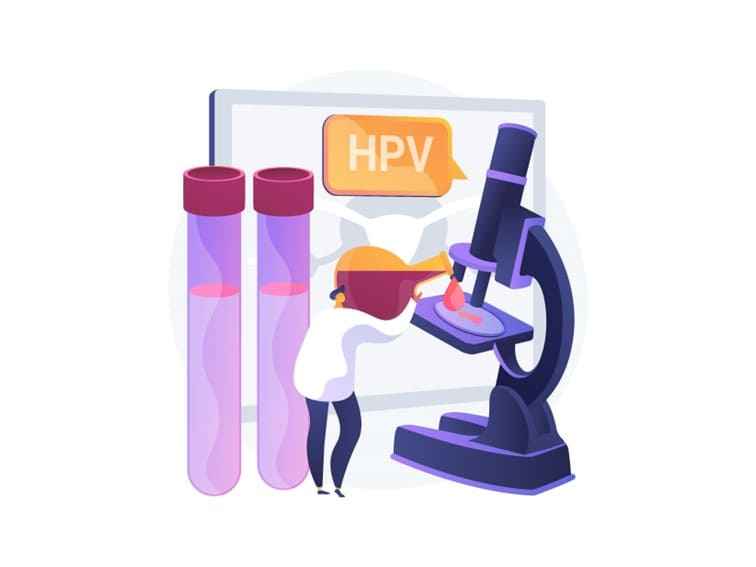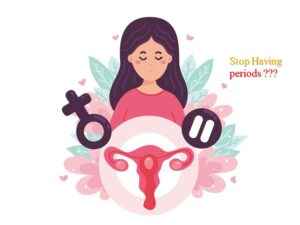Ways to Prevent Cervical Cancer
Cervical cancer is one of the few malignancies that can be avoided almost entirely. In the last few years, the fatality rate from this condition has decreased by more than half. It all boils down to being able to avoid sexually transmitted diseases or HPV. Cervical cancer is most commonly caused by the human papillomavirus (HPV), while it is not always the source. Moreover, many people are infected with HPV yet do not get cervical cancer. A vaccine, on the other hand, targets some of the most common HPV strains. Pap smears, which can detect almost all cervical malignancies, are also frequently performed by gynecologists. They may also conduct HPV testing.
That’s the reason why it is important for you to attend all of your medical visits. Before cancer develops, your Pap or HPV tests might detect abnormal cells in your cervix. You can also make changes in lifestyle that will reduce your chances of contracting HPV and, as a result, your risk of cervical cancer.
Cervical cancer grows slowly. A normal cervical cell normally takes a couple of years to transform into a malignant one, if it ever does. Cervical cancer can be prevented by diagnosing and monitoring precancerous cells.
Ways to Prevent Cervical Cancer
Screening tests
Cervical cancer can be prevented or detected early with the use of two screening tests:
The Pap test (or Pap smear) checks for precancers, which are cell abnormalities on the cervix that might progress to cervical cancer if left untreated.
The HPV study checks for the virus that might cause these cell alterations (human papillomavirus).
Both of these tests can be performed in a doctor’s office or a hospital.
HPV Test
In order to improve the capability of detecting cervical cancer, the HPV test is used in conjunction with the Pap test. Cervical cancer shares many of the same adverse outcomes as HPV-related cancers. The more sexual partners you have had and the sooner you started having sex, the earlier HPV and cervical cancer you’re likely to get.
HPV Vaccine
Before you start sexual activity, it’s best to get the HPV vaccine. The HPV vaccine can be given to adolescents and youngsters as young as nine years old. To ensure complete protection against HPV, experts suggest that boys, girls, and women get the HPV vaccine between the ages of 11 and 26. The vaccination is administered in three doses over the course of nine months. Children under the age of 15 years who have started any HPV series require only two doses rather than three. Although the vaccination is most usually given before the age of 26, it is safe to use it till the age of 45.
Use protection such as condoms
Condoms help in protecting against HPV infection, although they aren’t 100% effective. Condoms fall short of providing comprehensive protection since they don’t cover every possible HPV-infected part of the body, such as the vaginal or anal skin. Condoms, on the other hand, offer some sort of protection against HPV, as well as HIV and other sexually transmitted diseases.
Stop smoking
Another essential strategy to lower the risk of cervical pre-cancer and cancer is to quit smoking.
Bottom Line
These are some of the ways in which you can prevent cervical cancer. However, it all depends on gender, age, general health, and personal risk of an individual. To prevent cervical cancer, it is better to address pre-cancers and conditions that contribute to pre-cancers. But it is always better and mandatory to consult your lady gynecologist who specializes in the diagnosis and treatment of cervical cancer even if you experience mild symptoms (excessive white discharge postcoital bleeding, postmenopausal bleeding). Book an appointment and have one-to-one personal interaction to learn more about all the screening tests that help in the early detection of the most preventable cervical cancer.




